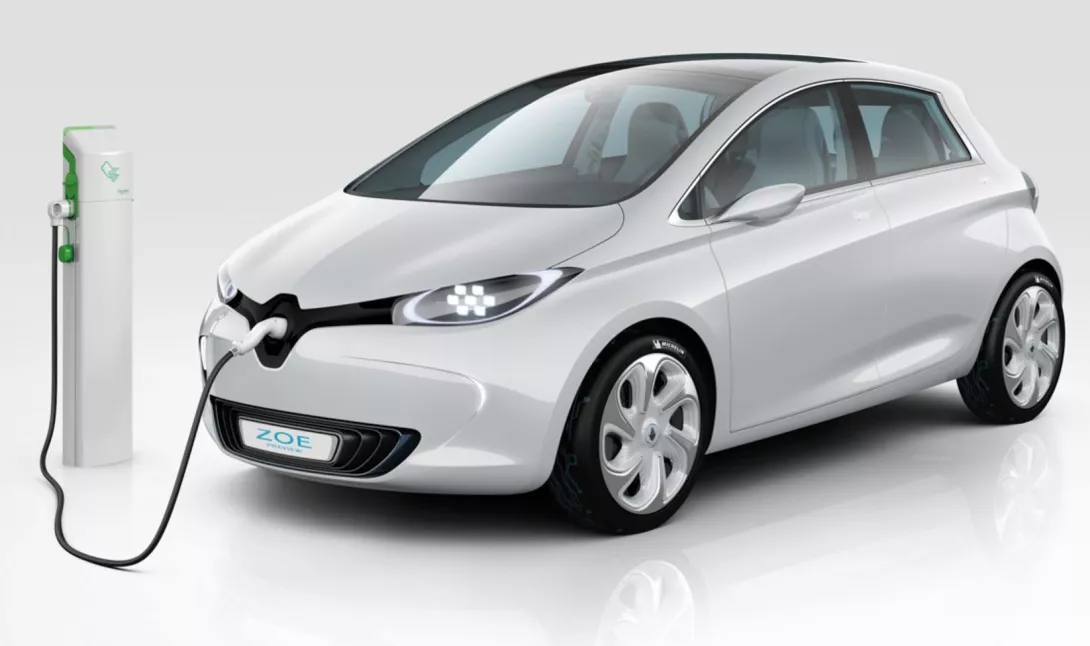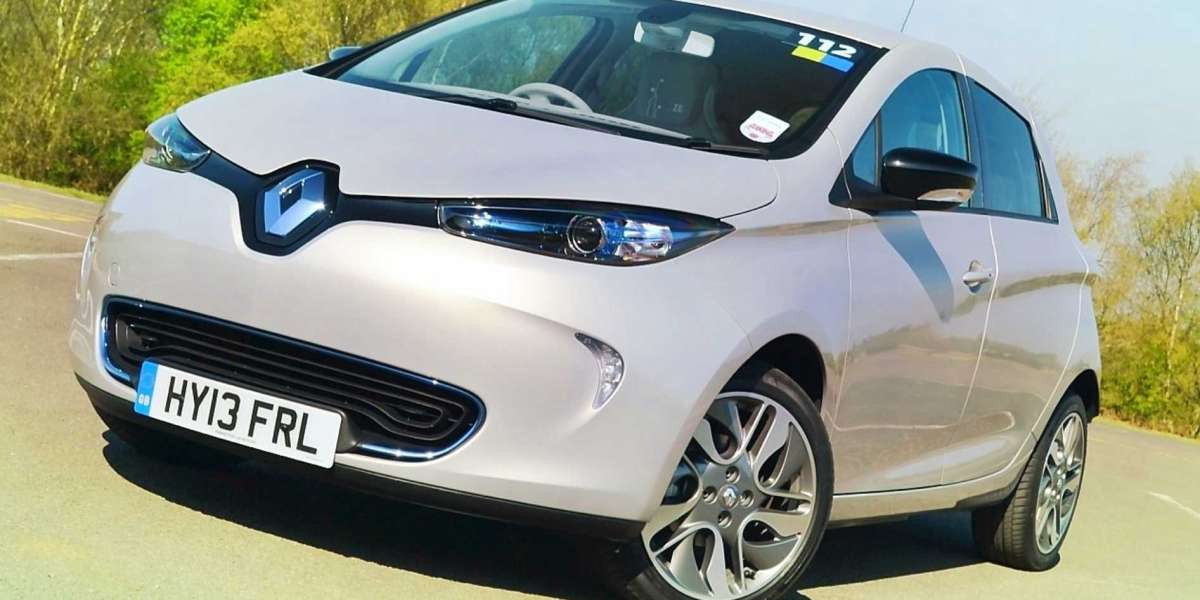The Geely company has been flexing its financial muscles over the last ten years to expand its global reach and annual sales. One of the key strategies Geely is pursuing is either to partner with or acquire other automakers and brands to enter new regional markets. Now, Geely has added yet another string to its bow in the form of a joint venture with French carmaker Renault.
Renault has made repeated attempts to break into the lucrative Chinese market as sales accelerated rapidly over the last 20 years. However, none of its strategic approaches in the country captured buyers’ attention, which led to its decision in April 2020 to abandon the market and cancel its existing joint venture with local carmaker Dongfeng. This decision also came at a time when vehicle sales in China had started to slow down after years of uninterrupted growth and after the drastic short-term disruption wrought by the COVID-19 pandemic began to take effect.
However, a new CEO in the form of ex-SEAT boss Luca de Meo, combined with a new business plan announced at the start of 2021 dubbed the ‘Renaulution’, has injected some much-needed impetus into Renault’s plans for the Asian continent. Crucially, this includes a commitment to re-enter the Chinese market but – keen to avoid the same mistakes it made in the last ten years – this time, Renault will compete in the market by leveraging the established strength of Geely.
Specifically, the joint venture will see Renault-branded hybrid vehicles sold in China but manufactured using Geely’s facilities, supply chains and technologies. This represents less risk for Renault than deciding to go it alone – the company does not need to commit any effort or funds to build its own manufacturing footprint in China and can get vehicles into customers’ hands more quickly, thanks to an already established manufacturing and supply network.
In addition, the JV also covers vehicle strategy in South Korea. In this region, the two companies will look at localizing Geely’s Lynk Co brand for the market. Renault’s experience will lead this in South Korea, where it has more than 20 years of history selling Renault and Renault-Samsung-branded models.
For Geely, the new joint venture with Renault further cements its role as a key powerbroker in the auto industry. Moreover, its position as a large Chinese automaker makes it a desirable partner for non-Chinese automakers looking to set up joint ventures to take advantage of growing vehicle sales in the region. This has seen Geely ultimately acquire several global automotive brands and set up some significant joint ventures with multinational OEMs.

Geely, which also has a minority stake in Germany’s Daimler and is China’s largest privately-owned automaker by vehicles sold, has been moving to position itself at the core of the global automobile industry’s switch towards EVs.
In the past year, Geely has opened up its electric car manufacturing architecture to partners, including the internet group Baidu, and has launched a premium electric car brand to try and take on industry leader Tesla.
Sales of so-called new energy vehicles, including battery-powered and plug-in hybrids, have accelerated rapidly in China since mid-2020, following a year-long decline after the government cut subsidies.
The success of Tesla and local EV makers such as Nio, Li Auto and Xpeng has led to fierce competition in the sector and pressured global automakers to launch electrified models that appeal to Chinese consumers.
After more than three years of hovering at 5 per cent of total car sales, China’s new energy vehicles market rose to about 10 per cent of sales in the first half of 2021. Beijing wants these vehicles to account for about 20 per cent of total car sales by 2025.
In China, the world’s largest auto market where new energy vehicles are fast-growing, the two will introduce Renault-branded hybrid vehicles. In South Korea, where Renault Samsung Motors has over two decades of experience, Geely Holding and Renault Group will explore localization of vehicles based on Geely’s Lynk Co. energy-efficient vehicle platforms for local markets, the statement said.
Renault sold more than 2.9 million vehicles globally in 2020; Geely Holding sold more than 2.1 million in 2020, including more than 660,000 by Geely-owned Volvo Car. Hong Kong-listed Geely Auto Group added 1.43 million. Geely Holding also holds a stake in Daimler.




Foreign Affairs Auto 41 안에
https://foreignaffairsauto.com/